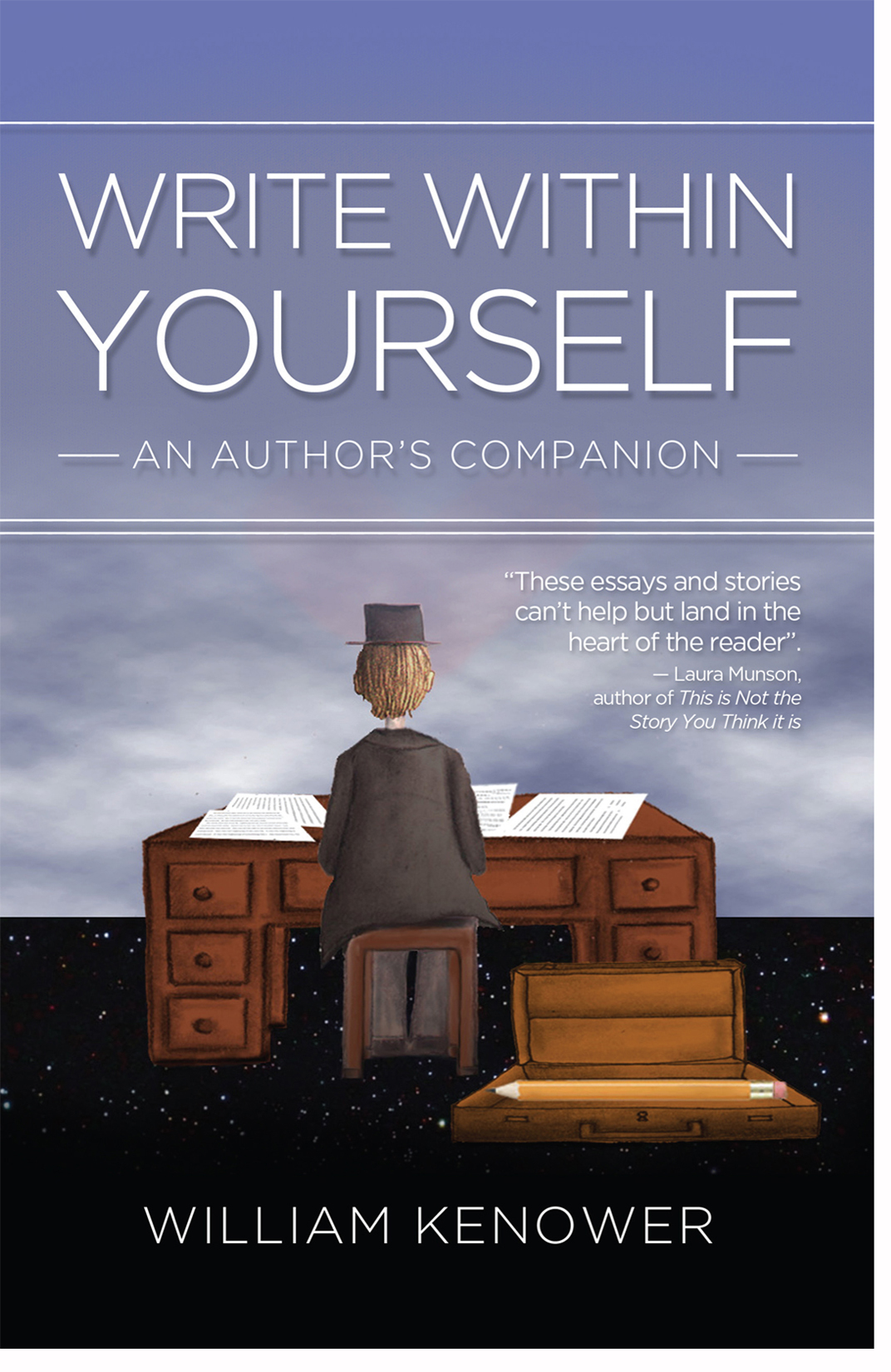A Valuable Lesson
I’ve interviewed enough writers to have heard this story a number of times: A fledging writer, often a would-be genre writer, takes a creative writing class. The teacher – older, frustrated, grumpy, usually with strong literary leanings – informs the student, after reading a few stories, that he/she should give up, because he/she is not a writer. He’s sorry to be the one to break the news (he’s not), but there is no point in continuing with the charade. There are three responses to this, all of them good:
The first is that the student thinks, “You are wrong. I love to write, but you and I apparently disagree on what constitutes ‘good writing.’ You are not my audience. I will find my voice, and then my audience, and that will be that.” This is the least likely response because a writer with this awareness rarely gets told that they are not a writer, and not just because of how they write. There is an immunity that comes with such self-awareness. A teacher such as the one in this story will find someone else to condemn.
The student might also feel relief. “Thank God!” thinks the student. “He’s absolutely right. Finally, I can give up on this dream and start dancing, or singing, or baking, or accounting, or whatever it is that really pleases me. At last I am done trying to force the square peg of my interests into the round of hole of writing.”
Most common, however, is the third response – despair. The student goes home feeling as if something has been taken from her. Up until this moment, she had looked forward to her time alone at the desk with her stories, and she had dreamed of a time when she might share those stories with other people. Now she is uncertain if she has the authority to know what she likes and does not like, and she does not really know how to live if she can’t know something so fundamental as what interests her.
And she can’t, really, which is why she feels so bad, and why despair is such good news. It means the teacher was wrong, and that this writer’s guidance, the very same silent and constant guidance that guides her from story to story, from word to word, that speaks only in feelings of correct and incorrect, of effortlessness and struggle, this same guidance is now speaking just as loudly as it possible can, saying, “He does not know that he claims to know! Only you can know that.”
Eventually the writer will listen to this guidance, and the despair will pass, and she will return to writing, and the teacher, though he will never know it, will have taught her valuable lesson indeed.
Write Within Yourself: An Author's Companion.
"A book to keep nearby whenever your writer's spirit needs feeding." Deb Caletti.
You can find Bill at: williamkenower.com


